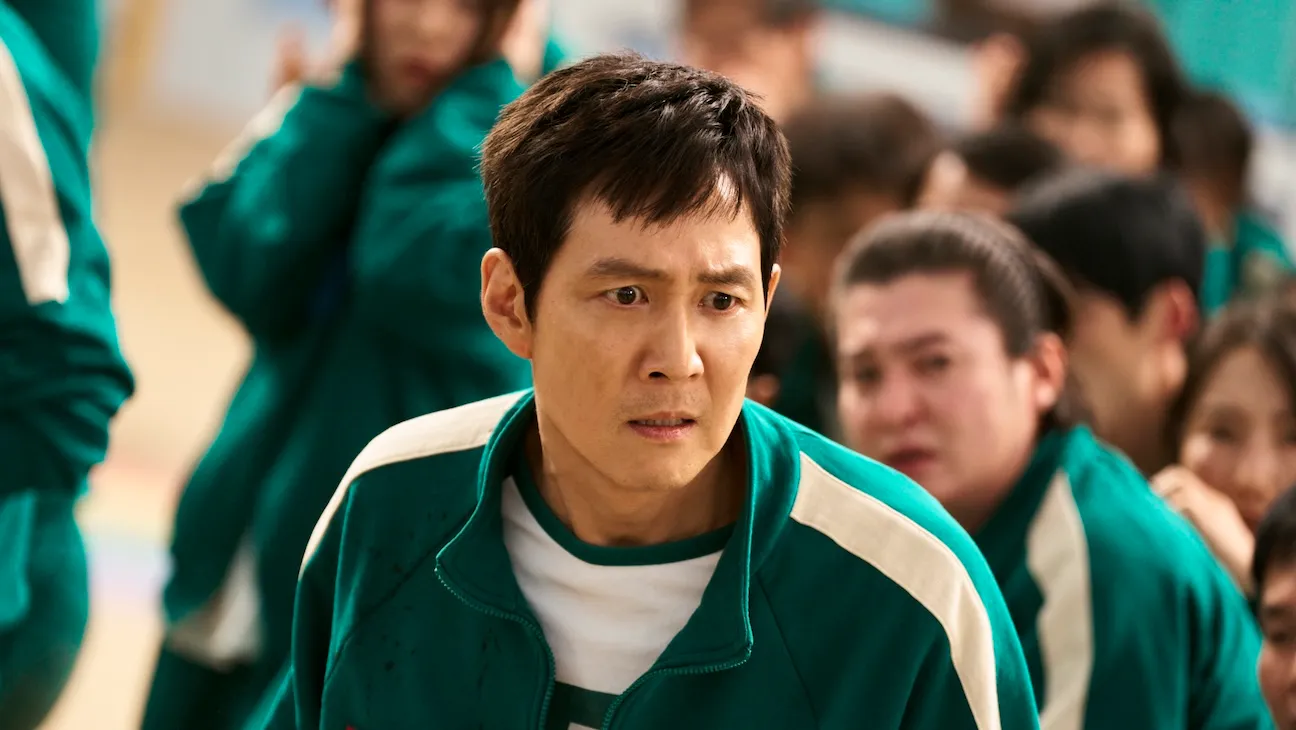We just wrote about Roblox‘s new initiative giving game developers the legal A-OK to make games based on blockbuster IPs like Squid Game, Stranger Things, Twilight, and Saw. We also gave some context around transformative works, and how fan projects have some copyright protection–but not enough to prevent attention if they’re raking in millions of dollars.
Basically, before Roblox’s initiative, if a fanmade game got big, the IP’s rightsholder had two options: (1) contact the developer and do a revenue-share deal directly, something that’s time-consuming and takes a lot of logistical effort; or (2) hit them with a cease & desist and get the game pulled down.
With the new deal, though, rightsholders can now use Roblox’s platform to leave fanmade games live, and take a share of their revenue. In theory, this should smooth the rightsholder/fan creator relationship, protecting creators from potential litigation and letting them keep their passion projects alive for other fans to enjoy.
Subscribe to get the latest creator news
In practice, though, things might get a little more complicated.
See, Roblox isn’t the only game creation platform doing these kinds of deals. Fortnite also did a deal for the rights to Squid Game–a deal that, like Roblox’s, would give creators permission to make games/experiences based off the hit South Korean IP. It would also introduce official Squid Game-themed assets for creators to use in their games.
But after the deal was sealed, fans who’d already made and published Squid Game-themed islands on Fortnite, like the creators of Squid Guys and Octo Game 2, saw their projects deleted.
That’s because while Netflix has agreed to let creators make stuff based on Squid Game, they’re not allowed to publish anything until Aug. 14–almost two months after the show’s third and final season aired. So, creators of previously published games effectively have a two-month ban, and creators of new projects have to wait till that date and hope the Season 3 hype hasn’t entirely died down.
The only Squid Game game available on Fortnite right now is Reload, which is not a fan project; it was produced in-house by Fortnite owner Epic Games‘ development team.
An Epic Games spokesperson told Digiday the Aug. 14 date was deliberately chosen to give creators time to build islands before the release of Squid Game assets. We’re not sure how much sense that makes, since creators would need to use the assets during the building process. And we also all know how quickly digital creators can move. Had Netflix/Epic allowed immediate game creation after the release of Season 3, there would likely be dozens of games already bringing in players (and revenue for both Netflix and Epic).
The spokesperson added that Epic has “heard feedback” about creators’ concerns, and said it plans to lift publishing holds earlier for future IP deals.
“A staggered publish date gives creators time to build unique and high-quality gameplay experiences in Fortnite, and is consistent with our most recent IP collaborations. We want creators to find success that outlasts a show’s launch weekend or any other singular moment,” they said. “While ‘Squid Game’ season 3 remains in the No. 1 spot for non-English shows globally, we hear the feedback from the community and going forward we’ll aim to lift publishing holds so they align with what works best for creators and players.”
Right now, it’s not clear whether Netflix plans to let previously published islands (the aforementioned Squid Guys etc) come back online, or if it’s only giving approval to new games. Roblox’s program appears to be retroactive.
As Digiday notes, this crackdown has made Fortnite creators nervous about making fan projects of owned IPs like Five Nights at Freddy’s. Creators like Tom Jank told the outlet this situation has made them want to focus entirely on their own original IP, so they don’t risk their games being deleted.
Roblox creators haven’t seen similar crackdowns on games made with the IPs covered in its new initiative—at least, not yet. From our perspective, the smartest move for rightsholders is to leave fan projects on both Roblox and Fortnite up and let them keep drawing thousands of players. Doing so will tap a fresh stream of passive revenue (after all, IP owners don’t have to do anything to build or maintain these games; they’re free and positive publicity) and keep creators’ good will. That’s a priceless commodity these days.
